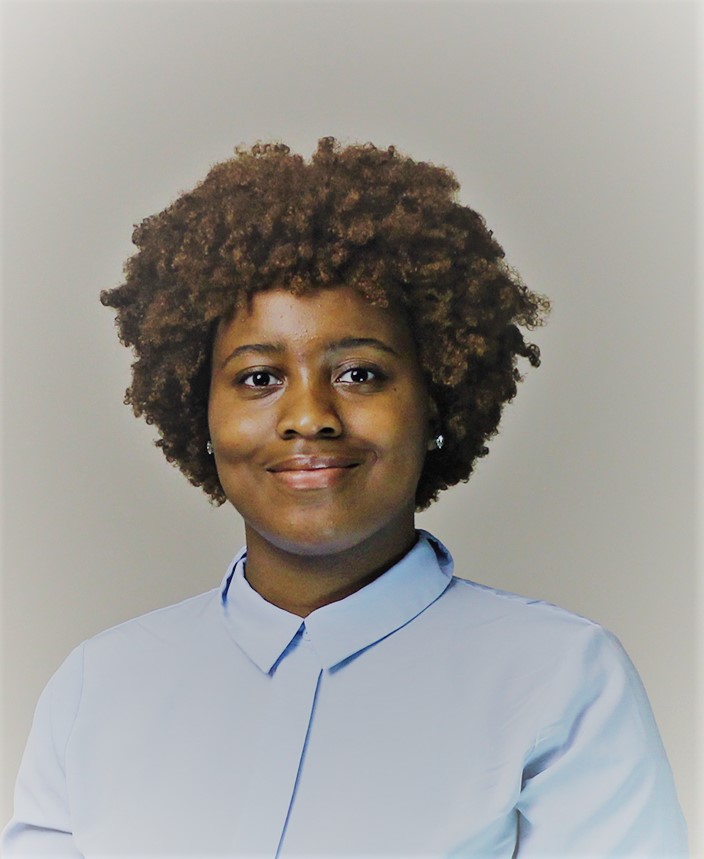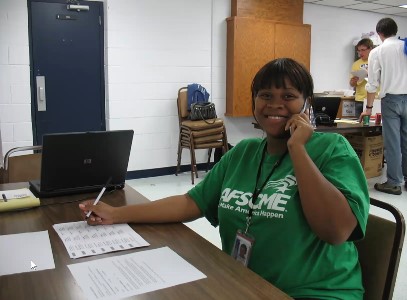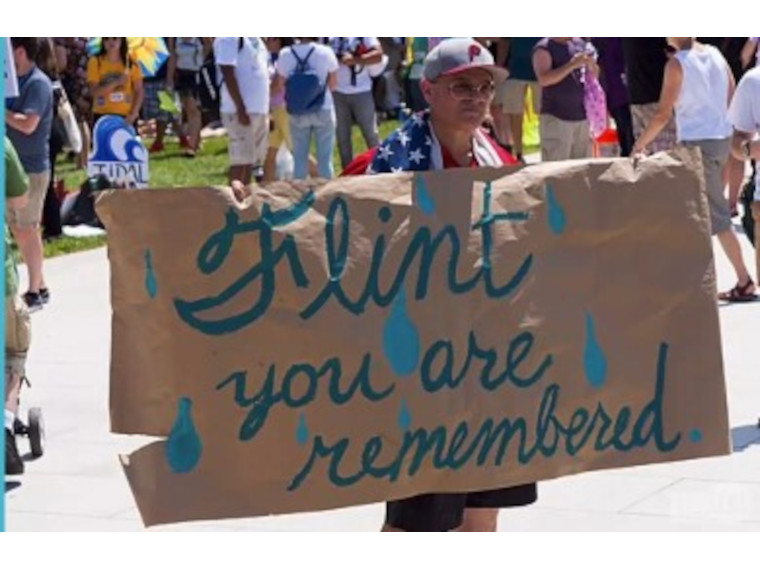Written by Tanya Terry
“Citizen Lobbying: Advocating to Your Local Government” was recently presented virtually by the Democracy Academy, as a project of the Voters Not Politicians Education Fund.
Voters Not Politicians is a voter-led prodemocracy political reform movement in Michigan.
“Learning how lobbying can be used is a force for change at the local level,” said Alyson Grigsby, education programs manager For Voters Not Politicians.
Grigsby added the presentation was being held to help citizens understand their power as citizens and advocates to their local government. She pointed out the right to lobby is protected by the First Amendment and a way to petition the government for a redress or to give money.
When deciding what to lobby for, participants were asked to think about what their local government does for them. This includes maintaining public schools, public activity, public infrastructure and public services.
Steps for citizen lobbying were then given. Those steps included:
⦁ Identifying a cause or goal you would like to see solved in your community
⦁ Researching the issue
⦁ Identifying the correct people to speak to (i.e. city council people, commissioners, trustees or particular commission)
⦁ Doing power mapping of your community and identify allies (Power mapping is a visual tool that helps people understand who has power in a community and how to use it to achieve their goals. )
⦁ Finding out if and when the issue will be spoken on or voted on
⦁ Utilizing other means to bring attention to your local elected officials

Grigsby suggested also identifying likely opponents when power mapping.
She added: “Be prepared to identify and combat their arguments.”
According to Grigsby, citizen lobbying can look like contacting not only elected officials, but city managers and department heads.
“This could involve calling, sending emails, writing letters, attending meetings or inviting officials to your coffee hour or group meeting. It could involve lobbying your officials via public comment. You might also consider writing a letter to the editor of a local publication to gather public support and help find allies. This also brings attention to officials.”

Participants in the virtual event were invited to look at real-life case studies of citizens using their power to lobby their government. The case studies helped show the variety of issues and interests citizens can lobby for.
For one of the case studies, Bob Schwartz, a volunteer with Democracy Academy, talked about how he was able to help get the Waterford Bikeways Millage passed. The goal was to pass a millage for $1/4 mill for 10 years.
Schwartz and his team entered the Support the Bikeways float in the township’s Memorial Day Parade. They also came up with “Bike Day,” which was a festival created as a fun way to encourage favorable votes and activate local bicycle interest groups. There were games, bicycle safety advocates, a demonstration from a unicycle club and other colorful presentations. The team utilized newspapers, radio and TV. They also knocked on doors the day before the election and the day of the election.
In this case, costs were modest and covered by supporters. They were for T-shirts and lawn signs. However, Schwartz suggested preparing a budget for larger projects.
“We got the millage and the bike paths have been completed,” stated Schwartz.
The other case study was on revenue sharing in Macomb County. Revenue sharing is the dispensing of a portion of federal tax revenue to state and local governments to assist in meeting their monetary needs.
Another volunteer with Democracy Academy, Jean Philippe (JP) Faletta, explained the goal was to make distribution of these funds based on population and infrastructure needs. He said part of the fees paid for vehicle registration goes to Lansing and part goes to the counties.
“This is based on a formula that goes back to the 1950s,” said Faletta. “So, it’s a little outdated.”
Based on this formula all the counties get the same thing.
“So supporters of this project support more money going to counties with larger populations and more infrastructure needs,” stated Faletta. “…Some projects are one-time deals. Sometimes they take one election to process. Sometimes they may take months or years to accomplish. This is more of a long-term process.”
“Even if your goals are unsuccessful initially-and I want to put out initially-for getting something passed, you get that internal satisfaction of being connected to the community in general on something you’re passionate about,” said Grigsby.”…Sometimes there will be roadblocks to trying to get something adopted related to funding or understanding how it should be particularly implemented. I don’t want you to take this as a loss….It’s OK because it shows the people and you that this is something people can do by engaging directly with the democratic process.”
For more information about Voters Not Politicians and its events, including future Democracy Academy events, visit https://votersnotpoliticians.com/


